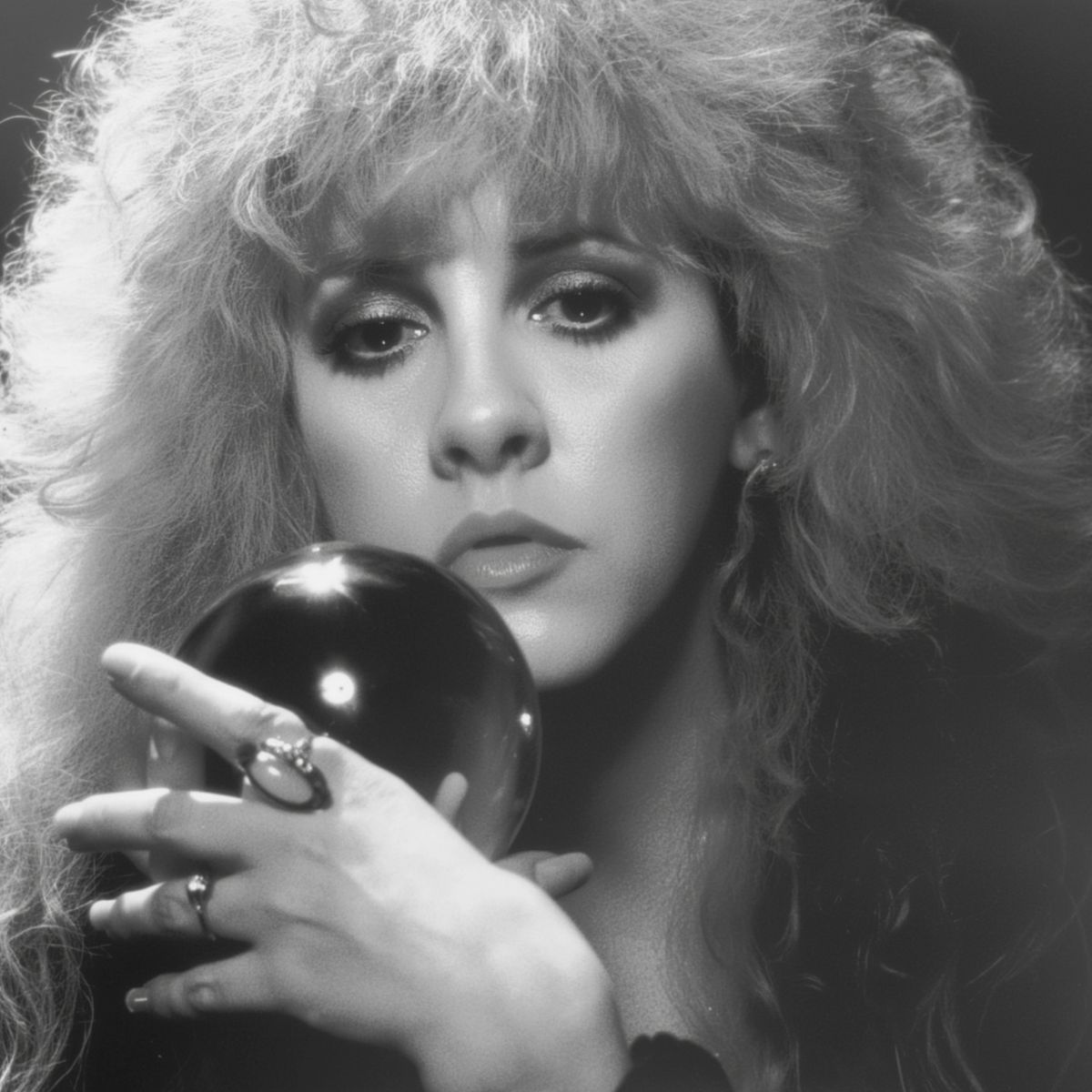
Transits: Counting Down the Days
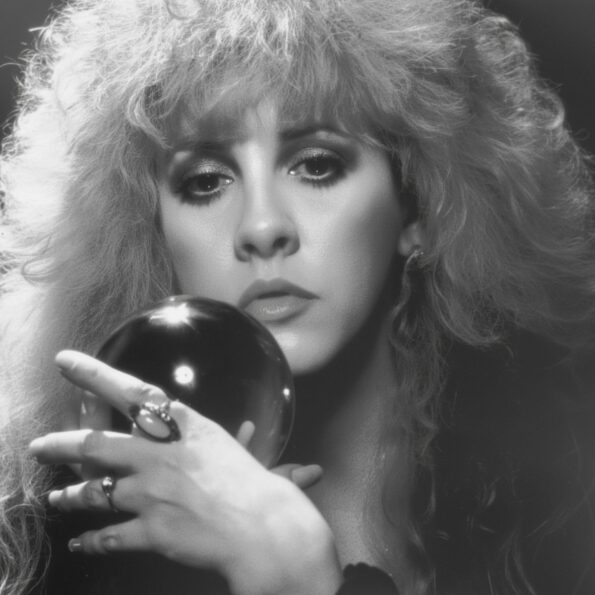 The natal chart tells us who we were when we emerged—eyes blinking against the sudden flood of earthly light, lungs catching the rhythm of breath, spirit attaching itself to the body. It captures our inclinations, our emotional language, our desires and fears, our gifts, and our stumbling blocks. Yet as evocative and profound as this blueprint is, it remains inert without the animation of time. Without the movement of the planets. Enter the transits. The planetary wanderings take our natal chart—the still-life of our birth—and infuse it with evolution. Transits do not impose change. They are perfectly timed initiations. Each transit is a question posed by the universe to your evolving self. Will you resist, clinging to the scaffolding of identity built long ago? Or will you let the stars invite you into a version of yourself that is more honest, more awake, more attuned to your soul’s longing?
The natal chart tells us who we were when we emerged—eyes blinking against the sudden flood of earthly light, lungs catching the rhythm of breath, spirit attaching itself to the body. It captures our inclinations, our emotional language, our desires and fears, our gifts, and our stumbling blocks. Yet as evocative and profound as this blueprint is, it remains inert without the animation of time. Without the movement of the planets. Enter the transits. The planetary wanderings take our natal chart—the still-life of our birth—and infuse it with evolution. Transits do not impose change. They are perfectly timed initiations. Each transit is a question posed by the universe to your evolving self. Will you resist, clinging to the scaffolding of identity built long ago? Or will you let the stars invite you into a version of yourself that is more honest, more awake, more attuned to your soul’s longing?
In this way, astrology becomes less about prediction and more about participation. You are not a puppet jerked about by planetary strings, nor are you entirely autonomous, immune to the rhythms of existence. You are a co-creator, a participant in a mythic dance. The next time a transit enters your world, instead of asking “Why is this happening to me?” perhaps ask, “What part of me is ready to awaken?” Because the planets, the gods above, are here to remind you who you really are.
The Timekeepers
The planets are our timekeepers, never missing a beat in their journey across the sky. They do not arrive fashionably late, nor storm in uninvited. They always move hitting their marks with a kind of divine inevitability. It’s almost maddening, really—how the universe can be so astonishingly ordered while we humans fumble about. Transits are momentary yet potent alignments, they are more than astral phenomena. They’re catalytic. When a planet touches a point in your natal chart—whether it’s a conjunction that amplifies, a square that agitates, or a trine that smooths—it’s a bell being rung inside your psyche.
We must honor the transits. Note their timings, feel their influence, and let them move us. Because they will, whether we acknowledge them or not. Better, I think, to greet them with open arms and ask, “What have you come to teach me?”
The Animating Force of Time
Each transit asks if you’re ready to update the myth of yourself. The natal chart is, in essence, a beautiful moment of divine stillness that captures your archetypal potential. But potential alone does not make a life. Without the animating force of time, without the divine mischief of movement. And here’s where transits enter. They don’t deliver predetermined fates; they stir. They provoke. They evoke. They bring the natal chart to life by calling forth its dormant characters.
Here is a bit of Dane Rudhyar’s mysticism! The outer transits—Uranus, Neptune, and Pluto—are the big shakers. Rudhyar urged us not to fear these transits. He saw the planets as the agents of necessary transformation, the soul’s slow-burning alchemy. These are revelations—unearthings of the authentic self buried beneath habit, fear, and cultural programming.
Uranus
Uranus awakens. When Uranus touches a sensitive point in your chart, expect the unexpected—but not only in the world around you. Inside you, new realizations begin to come to life. Suddenly you realize: I’ve outgrown this job, this relationship, this belief.
Uranus doesn’t knock politely—it barges in and shouts “Surprise!” and rearranges the furniture of your life while you’re still rubbing sleep from your eyes. Uranus is the planetary patron of upheaval. It’s divine disruption. It’s the energy of evolution breaking through complacency. When Uranus transits a sensitive point in your chart, particularly your Sun, Moon, or personal planets, life not only changes—it zigs when you were absolutely convinced it would zag. And it’s not just external circumstances that shift—it’s the very lens through which you view the world. It compels you to question what you’ve inherited, what you’ve blindly followed, what you’ve accepted as ‘just the way things are.’ Uranus says, “Is it, though?” And suddenly, your career, your relationships, your identity—all the bits that once felt solid—are up for reevaluation. But not in a way that seeks to destroy them. Uranus is far more interested in liberating you from the gravitational pull of shoulds and musts. It wants your truth, not your conformity. It’s a bit like being caught in a storm that rips the roof off your house—but in doing so, you see the stars more clearly than ever before. What’s glorious about Uranus is that it doesn’t ask for permission. It doesn’t wait until you’re ready. It acts on behalf of your higher self—the part of you that already knows what needs to change, even if your ego’s still clutching its comfort blanket. This is why its influence often coincides with breakthroughs, awakenings, moments of thrilling unpredictability. Careers pivot. Relationships evolve. Inner revolutions explode into action. So when you feel the crackle of Uranian energy—when things fall apart, or take off, or simply go sideways—try not to cling. Try not to mourn the structures that were never meant to last. Instead, ride the lightning. Let the bolt strike where it may, and illuminate what was always within you, waiting to be seen.
Neptune
Neptune is the dreamy dissolver. This planet melts boundaries, seeps into your bones, and invites you to surrender. These transits are often misread as confusion, but truly, they’re a thinning of the veil. It asks, What if reality isn’t quite what you thought it was? It’s a time when intuition grows louder, and logic grows quiet.
Where Uranus blasts through the door with wild-eyed rebellion, Neptune seeps in through the cracks, gentle and pervasive, carrying the scent of forgotten dreams and longing. When Neptune touches your chart through transit, reality begins to ripple like a reflection in water. The edges blur. The definitions soften. Things once so certain become ambiguous. The very framework of your life dissolves into a fog of possibilities. It’s not madness, though it can feel disorienting—it’s magic. But the kind of magic that asks you to feel, not to know. And yet, there’s danger here too. Neptune, for all its divine beauty, is no stranger to deception. During its transits, one might fall for illusions—romantic, spiritual, or otherwise. You might chase mirages, thinking they are oases. Or dissolve boundaries to such a degree that you forget who you are entirely. It’s a time when discernment becomes difficult, when everything feels like a dream—and sometimes a nightmare dressed in glitter. But in the surrender, in the not-knowing, you begin to hear the quiet voice of the soul. You tap into your intuition, your creativity, your connection to the collective unconscious. You begin to feel the pulse of something larger than yourself—God, the Universe, the Muse, the Mystery, call it what you will. Neptune invites a kind of disintegration. It wants you to wash away the illusions that separate you from your deepest self. It doesn’t demand action so much as presence. It asks you to float, to drift, to listen—not to the noise of the world, but to the music beneath it. So if you find yourself dazed under Neptune’s spell, unsure of where you’re going but oddly certain that something is happening—trust that. Create. Meditate. Weep if you must. Let go of the need to define, and instead, dissolve into the beauty of becoming.
Pluto
And then Pluto—dark, powerful Pluto. This planet doesn’t ask questions. It digs. It strips. It forces you to face the parts of yourself you’d rather keep hidden in a locked drawer at the back of your psyche. When Pluto transits arrive, life is rarely the same after. But neither are you. Because once you’ve walked through its fire, you know what can’t be burnt away is what you truly are.
Pluto—lord of the underworld, the dark alchemist of the zodiac, cloaked in mystery and the quiet, relentless power of transformation. Where Neptune invites you to float into the unknown, Pluto drags you down into it, deep beneath the surface, to the shadowy realm of your own psyche. These transits are never casual. Never light. They don’t tweak your schedule or play with your emotions—they reconstruct you. From the inside out. This planet demolishes the false foundations, the brittle self-images, the masks you’ve worn so long you thought they were your face. It’s intense, it’s unrelenting, and—paradoxically—it is transformational. Because Pluto, for all its dread and drama, is interested in power—real power. Not control. Not manipulation. But the kind of deep, rooted strength that only emerges after you’ve stared into your own abyss and found something luminous staring back. Pluto doesn’t simply transform situations—it transforms you through them. When its transits strike, life may offer you loss, betrayal, obsession, or revelation. Things fall away. People leave. Jobs vanish. Your identity dissolves. But underneath the wreckage, something more authentic begins to pulse. You’re called to dig through old wounds. And in doing so, you uncover gold buried under lifetimes of avoidance. You become intimate with your own darkness—not to dwell there, but to integrate it. Because only by facing the shadow can you truly claim the light. And here’s the beautifully brutal irony—when a Pluto transit ends, you rarely long for the way things were. Because you’ve become someone who could never go back. You’ve died, metaphorically, and been reborn—stronger, wiser, purged of illusion, and anchored in something far more real. And when you rise—oh, how you rise. With eyes that see through pretense, a spine forged in truth, and a heart that beats with the quiet power of someone who knows exactly who they are.
The Art of Astrology
There’s something so beautifully humbling in recognizing that we are not solitary beings adrift in a meaningless universe, but part of something greater. Astrology is both an art and a science, but more than that, it’s a dialogue. You don’t predict life like one might predict rain—you interpret its symbolism, and understand the archetypal currents that ebb and flow through our existence. When we engage with astrology consciously, we’re not handing over our power—we’re reclaiming it. We’re saying, “I see now—this isn’t chaos. This is curriculum.”
Every planetary transit, whether gentle or jarring, is there with purpose. It’s always inviting you to grow into a deeper version of yourself. The beauty of astrology is that it doesn’t remove the mystery—it deepens it. It teaches us to participate in our lives with greater consciousness. To be present to the tides of time. To meet moments with reverence. It says, “Here comes a turning point—will you lean in?” It maps out the terrain ahead to help you walk it with open eyes and a steady heart. When you acknowledge the sky as your mirror, when you read its symbols as metaphor, you begin to live more fully. More bravely. More attuned to the music of the spheres. You become the co-author of your story—not just a passive passenger on the train of time, but a conscious traveler, hands on the wheel, heart in the stars.
“Over the years I have come to believe that a great deal of what we assume to be fated, in terms of transits and progressions, is not fate at all – it is our unconscious complexes at work. As individuals and as a collective, we unwittingly contribute to, create, or are drawn to situations which enact internal issues – either because we have been avoiding these issues in the past, or, because they are simply ripe and the kairos, the right moment has arrived.” The Horoscope in Manifestation: Psychology and Prediction
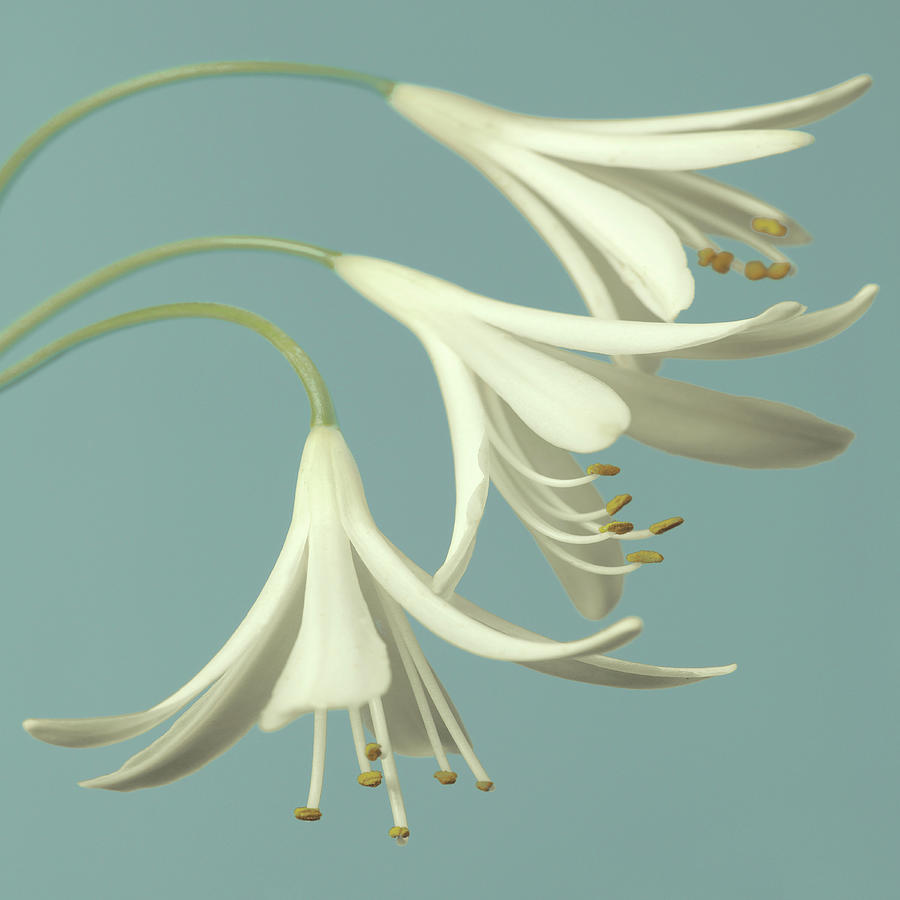




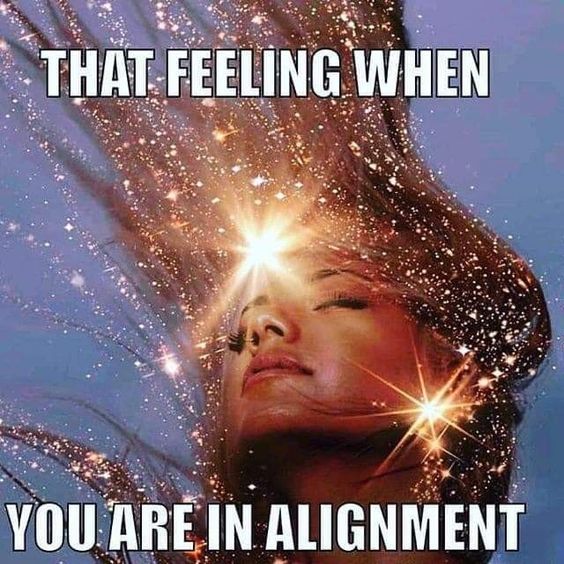

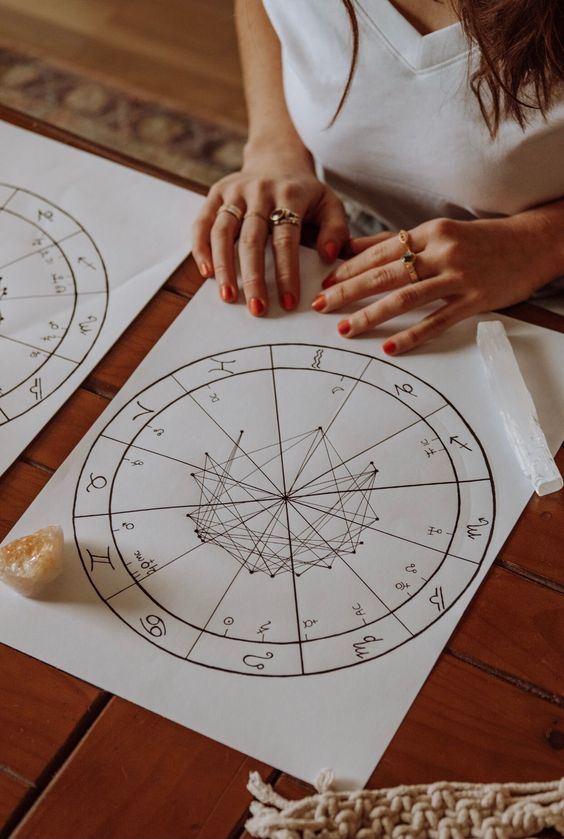
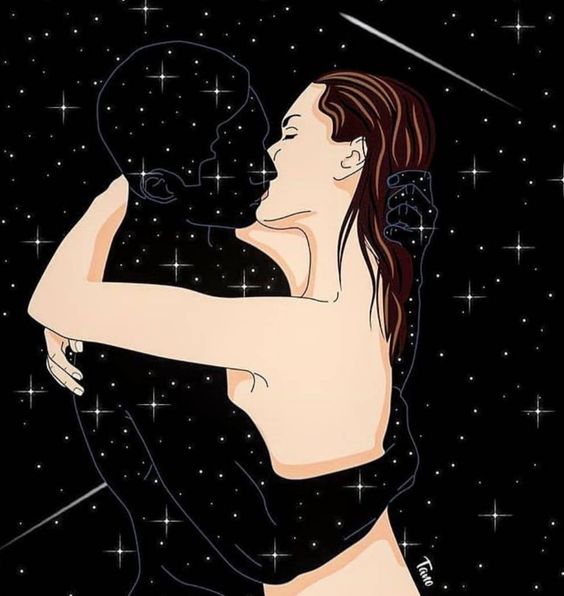
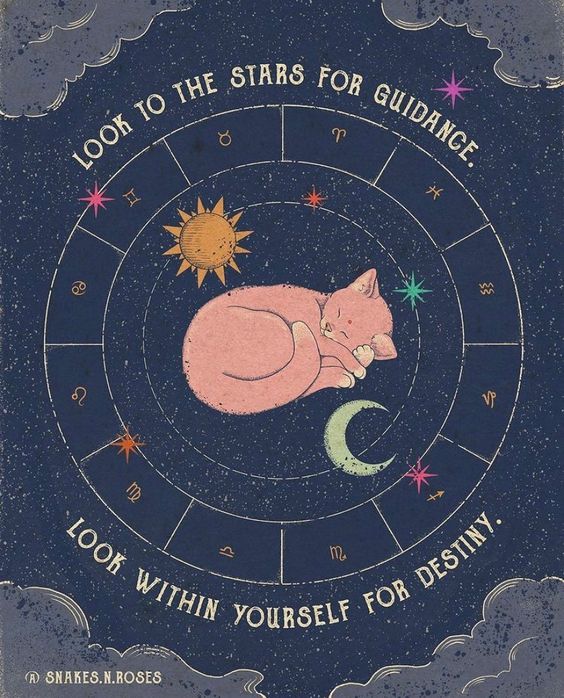
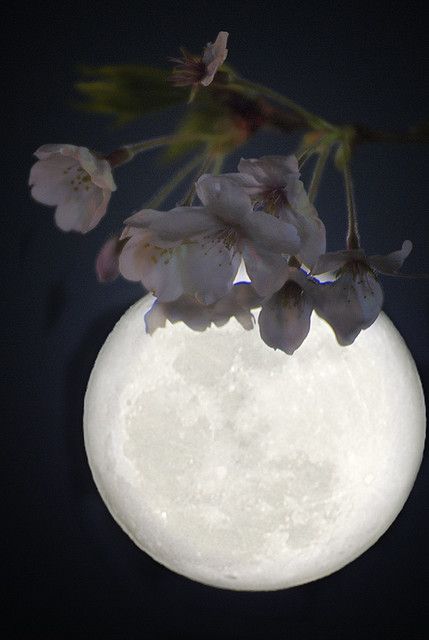
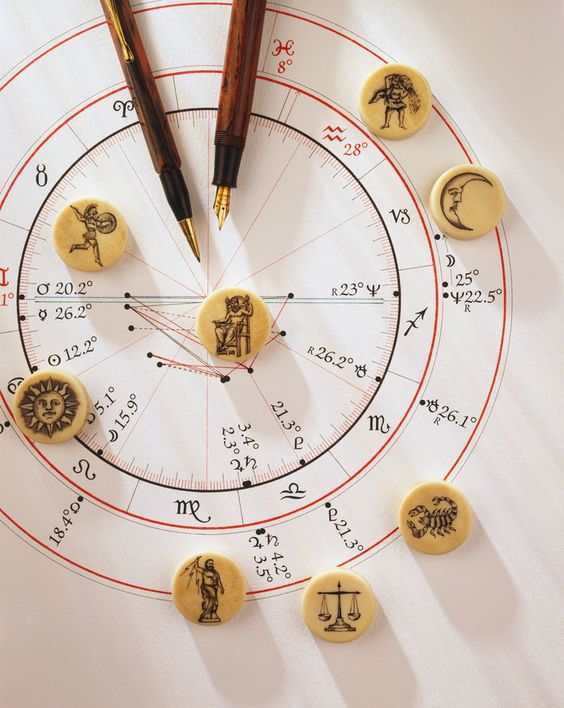


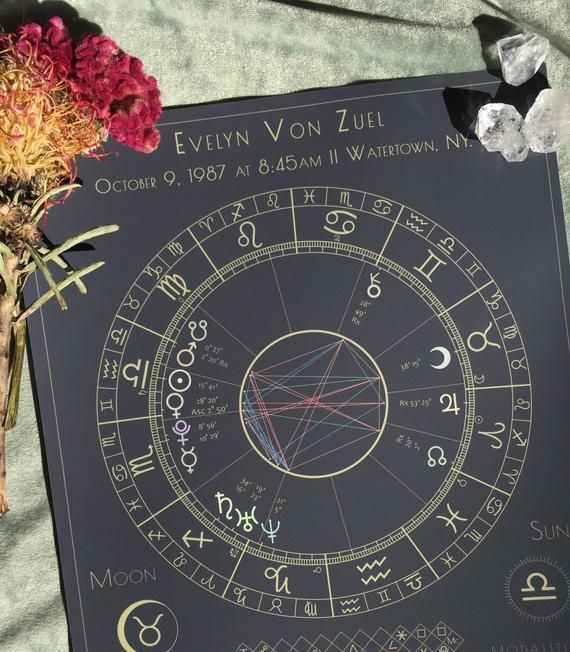
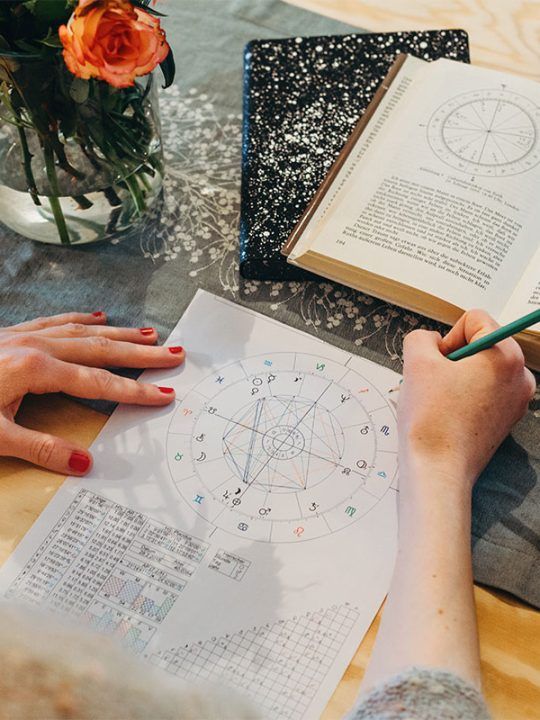


 Venus-Pluto Synastry: A Love So Powerful That It Might Just Kill Them
Venus-Pluto Synastry: A Love So Powerful That It Might Just Kill Them
 Reflections on a Past Venus-Pluto Synastry Aspect
Reflections on a Past Venus-Pluto Synastry Aspect
 Mars Conjunct Pluto Synastry
Mars Conjunct Pluto Synastry
 Venus Trine Pluto: Dark Desires
Venus Trine Pluto: Dark Desires
 Moon Conjunct Pluto Synastry
Moon Conjunct Pluto Synastry
 Mars-Pluto Synastry: Something Quite Dark and Dangerous
Mars-Pluto Synastry: Something Quite Dark and Dangerous
 Mars in Aquarius: Sex drive
Mars in Aquarius: Sex drive
 Sun Square Pluto Natal Aspect: I Am Titanium
Sun Square Pluto Natal Aspect: I Am Titanium
 Uranus Transits 8th the House: Rebirth from Chaos
Uranus Transits 8th the House: Rebirth from Chaos
 Mars Conjunct Pluto Natal Aspect: From Ember to Inferno
Mars Conjunct Pluto Natal Aspect: From Ember to Inferno
 Venus Trine Mars Synastry
Venus Trine Mars Synastry
 Venus in the 5th House
Venus in the 5th House
 Moon in the 8th House: At Home in the Underworld
Moon in the 8th House: At Home in the Underworld
 Sun Square Pluto Synastry: You’ve Got That Power Over Me
Sun Square Pluto Synastry: You’ve Got That Power Over Me
 Scorpio’s Cold Withdrawal
Scorpio’s Cold Withdrawal
 Mercury Square Pluto Natal Aspect
Mercury Square Pluto Natal Aspect
 Pluto Transits Moon: A Time to Grieve
Pluto Transits Moon: A Time to Grieve
 Moon Conjunct Mars Natal Aspect
Moon Conjunct Mars Natal Aspect
 Neptune in the 4th House
Neptune in the 4th House
 Moon-Saturn Synastry Aspects: A Lack of Emotional Affinity Between the Two of You?
Moon-Saturn Synastry Aspects: A Lack of Emotional Affinity Between the Two of You?